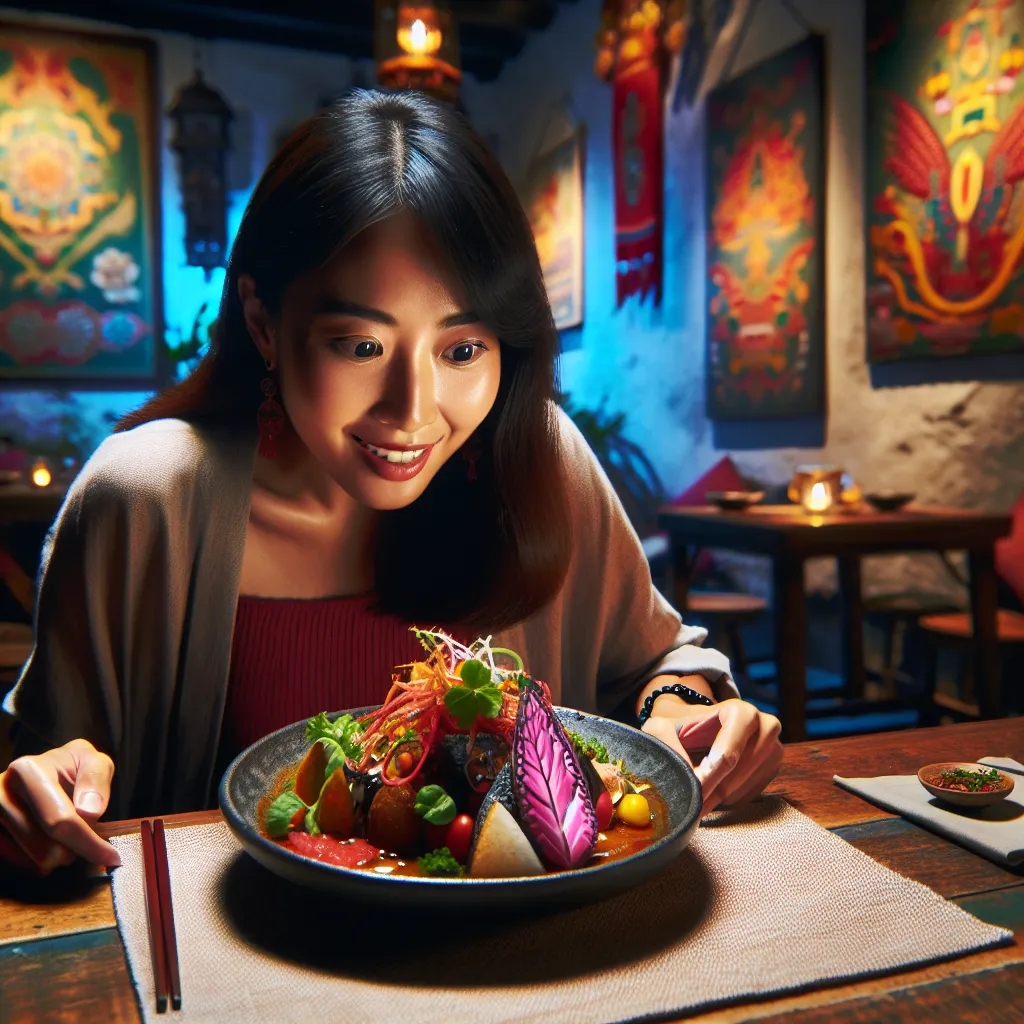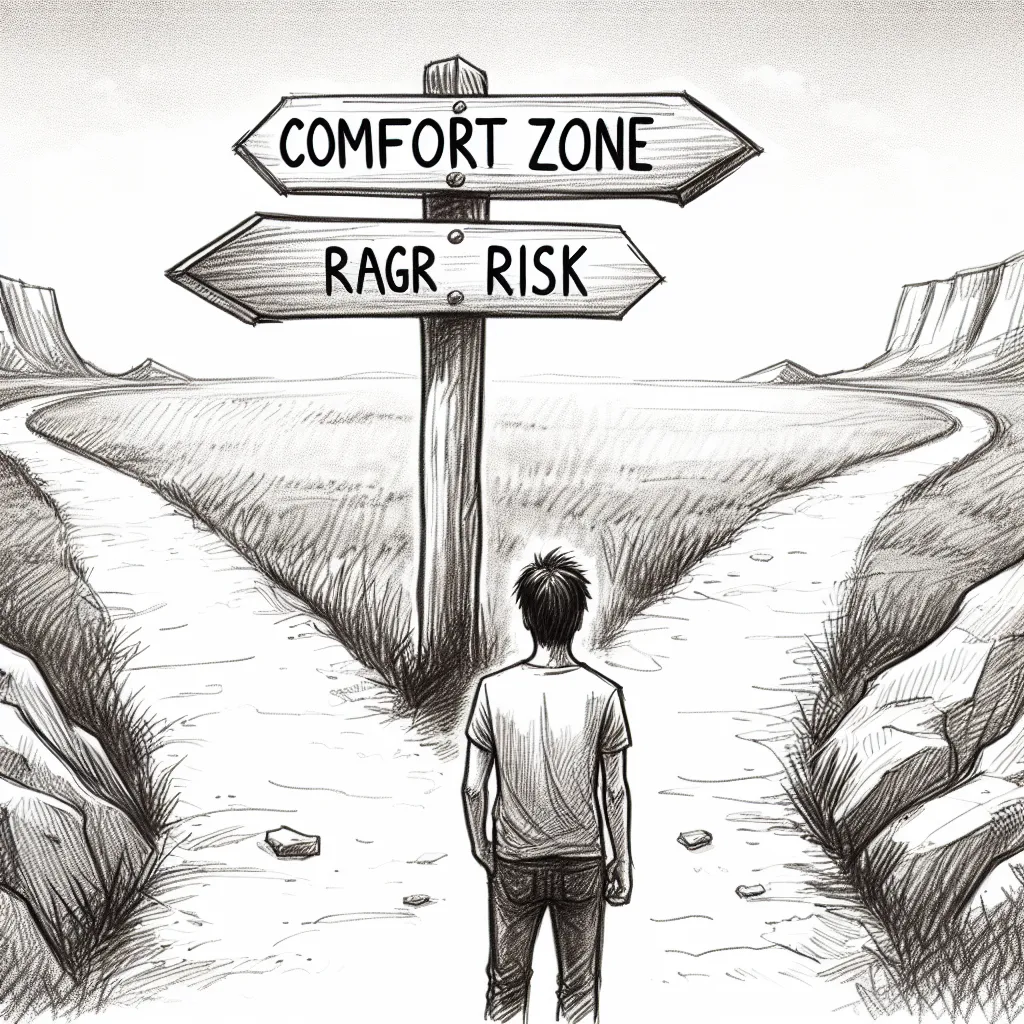As an experienced IELTS Speaking examiner, I’ve seen countless candidates tackle the topic of describing a foreign food experience. This topic is a popular one in IELTS Speaking tests and is likely to appear in future exams as well. In this article, I’ll guide you through how to effectively answer questions related to this topic and provide sample answers to help you achieve a high band score.
Nội dung bài viết
Part 1: Introduction and Interview
In Part 1 of the IELTS Speaking test, you may encounter questions related to food and eating habits. Here are some common questions and a sample answer:
Common questions:
- Do you like trying new foods?
- What’s your favorite foreign cuisine?
- How often do you eat out?
- Do you prefer home-cooked meals or restaurant food?
Let’s look at a sample answer for the first question:
Question: Do you like trying new foods?
Sample answer (Band 7-8):
“Absolutely! I’m quite adventurous when it comes to food. I thoroughly enjoy exploring different cuisines and broadening my culinary horizons. Trying new dishes is not just about taste for me; it’s also a way to immerse myself in different cultures and expand my understanding of the world. Whether it’s sampling street food in a foreign country or experimenting with exotic ingredients at home, I find the experience both exciting and enlightening.”
 Foreign food experience
Foreign food experience
Part 2: Long Turn (Cue Card)
In this section, you’ll be given a cue card with a topic and some prompts. Here’s a sample cue card related to describing a foreign food experience:
Cue Card:
Describe an occasion when you ate a kind of foreign food
You should say:
- What the food was
- Where you ate it
- Who you were with
- And explain how you felt about eating this food
Remember, you have one minute to prepare and should speak for 1-2 minutes.
Sample answer (Band 6-7):
“I’d like to talk about the time I tried sushi for the first time. It was during a trip to Japan with my college friends last summer. We were in Tokyo, and decided to visit a local sushi restaurant that was highly recommended by our hostel owner.
The restaurant was small but cozy, with a traditional Japanese atmosphere. We sat at the counter, watching the sushi chef prepare our food. I was with my two best friends, Sarah and Mike, who were also excited to try authentic Japanese cuisine.
We ordered a variety of sushi, including tuna, salmon, and eel. I remember feeling a bit nervous about eating raw fish, as it was completely new to me. However, when I took my first bite, I was pleasantly surprised by the fresh taste and the interesting combination of flavors and textures.
The experience was quite enjoyable, and I felt proud of myself for trying something so different from my usual diet. It opened my eyes to a whole new world of cuisine and made me eager to explore more international foods in the future.”
Sample answer (Band 8-9):
“I’d like to recount a memorable culinary experience I had when I first sampled authentic sushi in Tokyo, Japan. It was during a backpacking expedition with my university companions last summer, and we had the fortune of discovering a hidden gem of a sushi restaurant, tucked away in a narrow alley and highly acclaimed by locals.
The establishment was intimate yet inviting, exuding a quintessential Japanese ambiance. We opted for counter seating, which afforded us the privilege of observing the sushi master at work, meticulously crafting each piece with remarkable precision and artistry. I was accompanied by my two closest confidants, Sarah and Mike, who shared my enthusiasm for immersing ourselves in Japanese gastronomy.
We indulged in an assortment of sushi, including succulent tuna, velvety salmon, and rich, flavorful eel. Initially, I felt a tinge of apprehension about consuming raw fish, as it was entirely foreign to my palate. However, upon savoring my first piece, I was utterly amazed by the exquisite freshness and the harmonious interplay of flavors and textures.
The experience was nothing short of revelatory, and I felt a sense of accomplishment for stepping out of my culinary comfort zone. It broadened my gastronomic horizons and ignited a passion for exploring diverse cuisines from around the globe. This encounter with sushi served as a catalyst, propelling me to embark on further culinary adventures and appreciate the nuances of international cuisines.”
Follow-up questions:
- Would you try this food again?
- How has this experience changed your view on foreign cuisine?
Sample answer for question 1 (Band 8-9):
“Absolutely, without a shadow of doubt. This experience was so transformative that it has instilled in me a deep-seated appreciation for sushi and Japanese cuisine in general. I’ve found myself actively seeking out authentic sushi restaurants in my hometown and even attempting to recreate some simpler rolls at home. The complexity of flavors and the artistry involved in sushi preparation have captivated my interest, and I’m eager to delve deeper into understanding the nuances of this culinary tradition. In fact, I’m contemplating taking a sushi-making course to further my knowledge and hone my skills in this intricate culinary art.”
Part 3: Two-way Discussion
In this part, the examiner will ask you more abstract questions related to the topic. Here are some sample questions and answers:
Examiner: How do you think globalization has affected people’s eating habits?
Sample answer (Band 6-7):
“I think globalization has had a big impact on how people eat. These days, it’s much easier to find international cuisines in most cities. People are more open to trying new foods from different cultures. Also, fast food chains from other countries have become popular worldwide, which has changed some traditional eating habits. However, this can sometimes lead to less healthy eating if people choose fast food over traditional, home-cooked meals.”
Sample answer (Band 8-9):
“Globalization has undeniably revolutionized culinary landscapes worldwide. It has facilitated unprecedented access to diverse cuisines, transcending geographical boundaries and cultural barriers. This gastronomic interconnectedness has fostered a more adventurous palate among consumers, encouraging them to explore and appreciate flavors from far-flung corners of the globe.
However, this culinary cross-pollination is a double-edged sword. While it has enriched our dietary repertoire and promoted cultural understanding through food, it has also led to the homogenization of certain eating habits. The proliferation of multinational fast-food chains, for instance, has sometimes supplanted traditional, locally-sourced diets, potentially compromising nutritional value and cultural food heritage.
Moreover, globalization has spurred a heightened awareness of international food trends, leading to the rapid dissemination of food fads and dietary practices across borders. This can be both enlightening and challenging, as it may introduce beneficial eating habits but also propagate potentially harmful food crazes.
In essence, while globalization has undoubtedly broadened our culinary horizons, it also necessitates a conscientious approach to maintain a balance between embracing global flavors and preserving local food traditions and health-conscious eating habits.”
Key Vocabulary and Phrases for High Scores
-
Culinary adventure (noun) /ˈkʌlɪnəri ədˈventʃər/: An experience of trying new and exciting foods.
Example: “Trying sushi for the first time was a real culinary adventure.” -
Gastronomic delight (noun) /ˌɡæstrəˈnɒmɪk dɪˈlaɪt/: A food or dish that gives great pleasure to eat.
Example: “The authentic Italian pasta was a gastronomic delight.” -
To tantalize one’s taste buds (phrase) /ˈtæntəlaɪz teɪst bʌdz/: To excite one’s sense of taste.
Example: “The exotic spices in the curry tantalized my taste buds.” -
To broaden one’s culinary horizons (phrase) /ˈbrɔːdn ˈkʌlɪnəri həˈraɪznz/: To expand one’s experience with different types of food.
Example: “Traveling abroad has really helped me broaden my culinary horizons.” -
Epicurean experience (noun) /ˌepɪkjʊˈriːən ɪkˈspɪəriəns/: An experience related to the enjoyment of fine food and drink.
Example: “Dining at the Michelin-starred restaurant was truly an epicurean experience.”
Examiner’s Advice
To achieve a high score in the IELTS Speaking test when describing a foreign food experience:
- Use a wide range of vocabulary related to food and culinary experiences.
- Provide detailed descriptions of the food, including taste, texture, and appearance.
- Express your feelings and opinions about the experience clearly and elaborately.
- Use idiomatic expressions and advanced grammatical structures where appropriate.
- Practice speaking about various food-related topics to improve fluency and confidence.
Remember, the key to success in the IELTS Speaking test is not just about what you say, but how you say it. Aim for clarity, fluency, and depth in your responses, and don’t be afraid to showcase your personality and opinions.
For more practice on food-related topics, you might find it helpful to describe a restaurant you like. This will further enhance your ability to discuss culinary experiences in detail.


